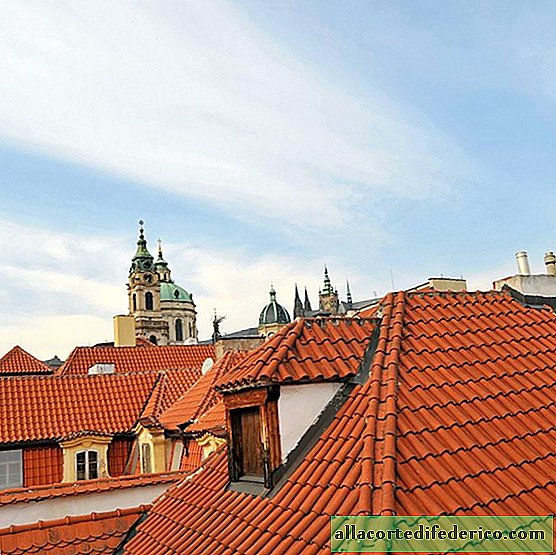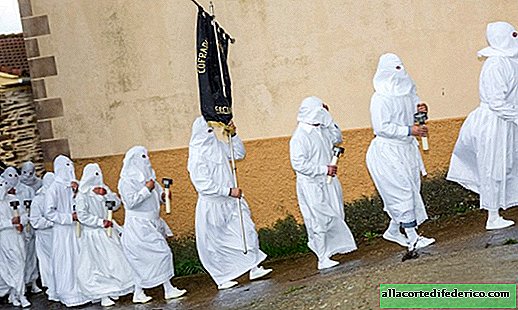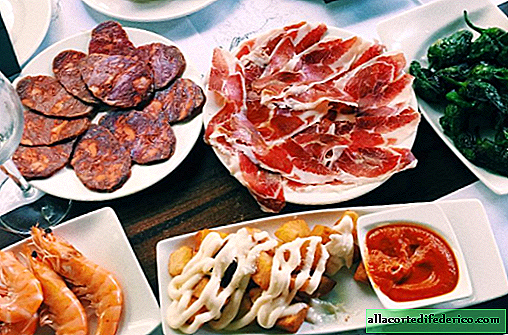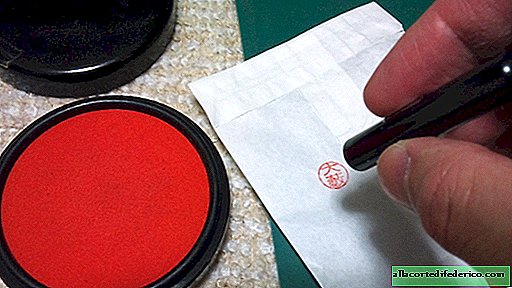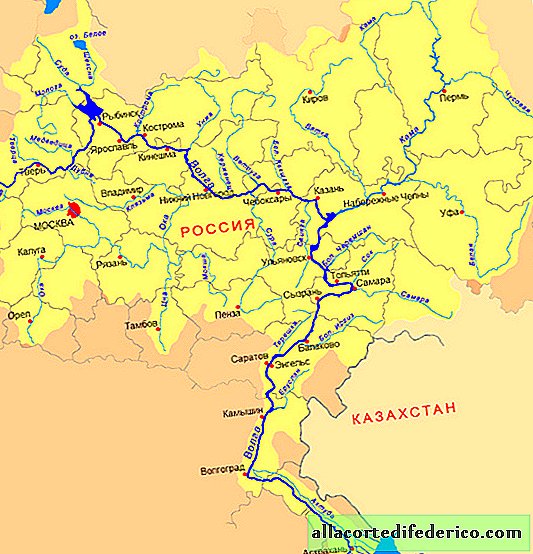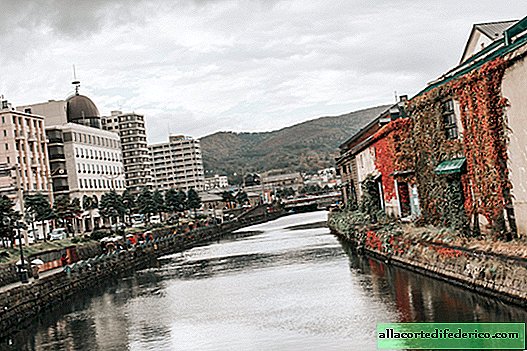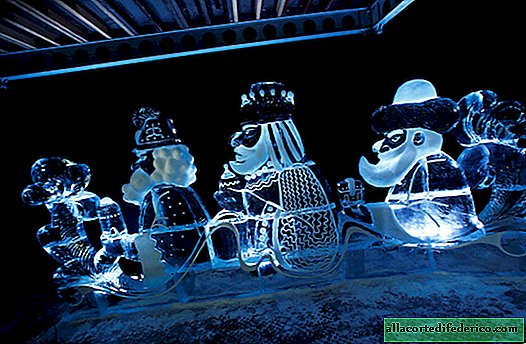How not to get confused in relatives: who are the sister-in-law, derie, yatrovki, siblings and others
Each nation has many different names for loved ones. When we are talking about the relatives, then we are unlikely to get confused, but if you dig a little deeper ... Confusion arises when representatives of our relatives marry or get married. We have new family members. How to name them and not to confuse? Brothers, brother-in-law, brother-in-law, daughter-in-law, sister-in-law appear. Now let's figure it out.
So, if you get married and your chosen one has a brother, then for you he is brother-in-law. If your beloved has a sister, then for you she is sister-in-law.

Son-in-law, of course, spouse of a daughter. But not only. Sons and husbands are also sons-in-law.
With a daughter-in-law the same thing. First of all, she is the wife of her son. But this is not all daughter-in-law in the family. If the brother and the brother of the husband have legally registered fighting friends, they will also be daughter-in-law.
The daughter-in-law is the wife of the son in relation to his father. Swat is the father of one of a married couple: husband or wife.
Svatya is the mother of the wife or the mother of the husband. Father-in-law and mother-in-law - father with spouse's mother. On the part of the wife, there may be another brother. For the spouse, he will be a brother-in-law. If the missus has a sister, then she is called a sister-in-law. If the wife’s brother has a son, then he is a Shurich.
In eastern Europe, brothers and sisters are also referred to as swaggers.
It is curious how the second half of the brothers are called in relation to each other. Our language is generous in names: sister-in-law, yatrovki, scammers. But the spouses of the sisters do not have such a variety. Just brother-in-law.

As for the other relatives - relatives of the wife: nephews, her aunts, uncles, grandmothers, they have no special names. As well as vice versa. As they were called before the wedding, they are called. If you go inland, you can get to the ancestral (usually great-grandfather on the father's side) and great-grandfather (great-great-grandmother).
In the scientific literature there is such a thing as siblings. This term denotes a common name for all brothers and sisters belonging to the same parents, in the event that clarification of the feminine or masculine gender is not required.
It often happens that dad or mom can be step-mother. Then stepmother and stepfather arise, that is, not a blood mother and not a blood father. Children in this case are called the stepdaughter (adopted daughter) or stepson (adopted son).
There are still uncles and aunts. Great and small. Great uncles and aunts are sisters or brothers of grandfathers and grandmothers, small ones - father or mother. This is a line of cousins. Some call them in the western manner - cousin or cousin. And if you take on the old Russian manner, they will be called a sister and a bro.
If people are Orthodox, then their godparents appear. For the parents, they are godfather (godfather) and godfather (godmother).

But in general, the history of the origin of words is as follows. The names of relatives along the line of the husband come from the Indo-European parent language. How they appeared in our ancestors is not exactly known. One thing can be said - it was about 7000 years ago. It is interesting that the words "own" and "father-in-law" are cognate. The “sister-in-law” in its phonetics is similar to the Indo-European root, which means “funny” in translation. But why the sister-in-law is funny is not clear. Maybe they were distinguished by our special ancestors in our ancestors?
"Daughter" and "son-in-law" also refer to ancient words. "In-law" means "part of the family, clan." “Daughter-in-law” is “attached,” that is, consisting in family relationships. By the way, in German it is called Schnur ("cord").
The Indo-Europeans did not come up with special terminology regarding the relatives of the wife. First of all, it was necessary to name the relatives of the man. All mother-in-law, father-in-law, brother-in-law appeared much later. They came from the Baltic-Slavic proto-language. It happened 3,000 years ago. Latvian, Lithuanian and some other languages emerged from the Baltic-Slavic parent language. These words are easier to understand. "Father-in-law" means "begotten." Mother-in-law came from father-in-law. "Shurin" - "sewn." Here the same principle as with the word "daughter-in-law", that is, having a direct blood relationship.

"Brother-in-law" in the Baltic Slavic language had the meaning "our man", that is, his own, close.
Now we relate to the name of relatives. If only they were alive and healthy. But in the old days it was of great importance. Our classics began to get confused in the names of relatives. One can find such phrase with I. S. Turgenev: "A sister-in-law came to the priest." But we now already know that the priest does not have a sister-in-law. Only with mother.
Here is another example. Remember at V.S. Vysotsky in the song: "Listen, Zin, do not touch the brother-in-law, which is not there, but he is relatives ...". Zina really would not have to criticize the brother-in-law, because this is her relative, and not Vanina. He is her dear brother.

